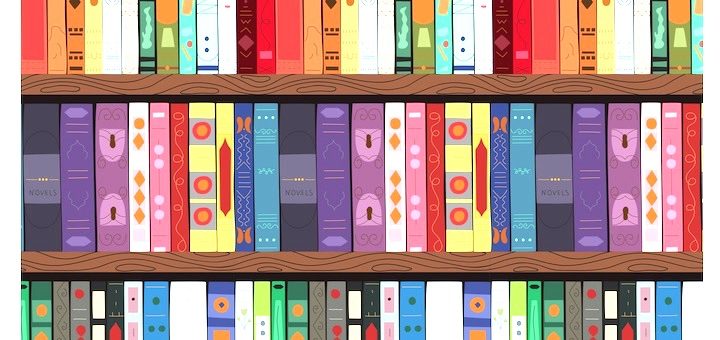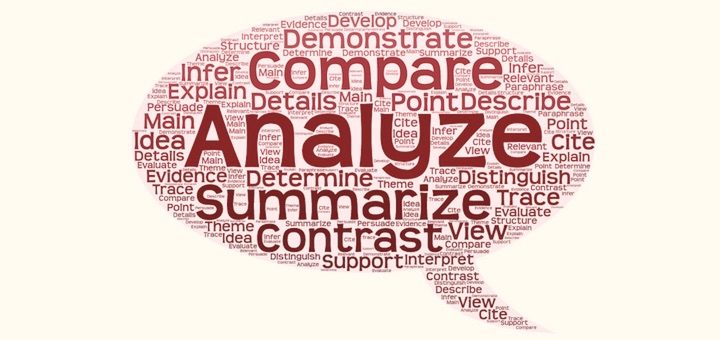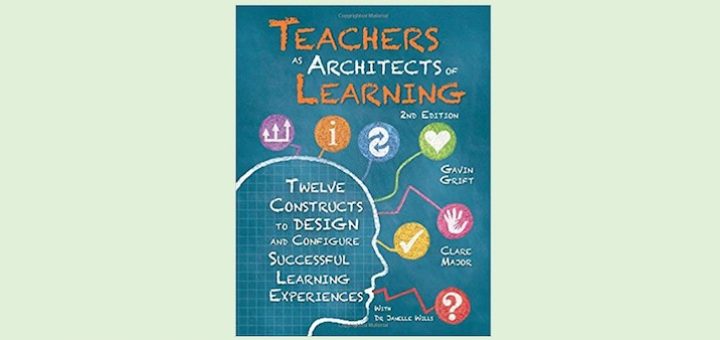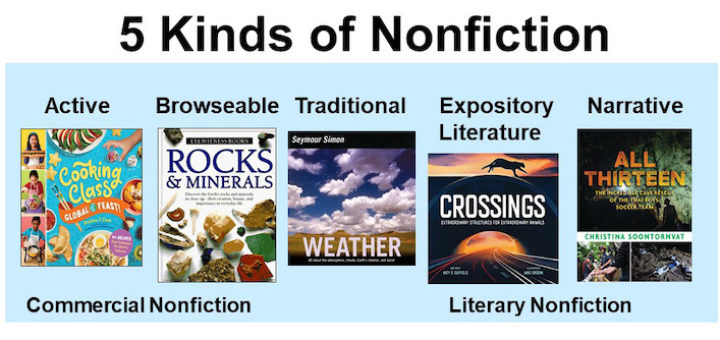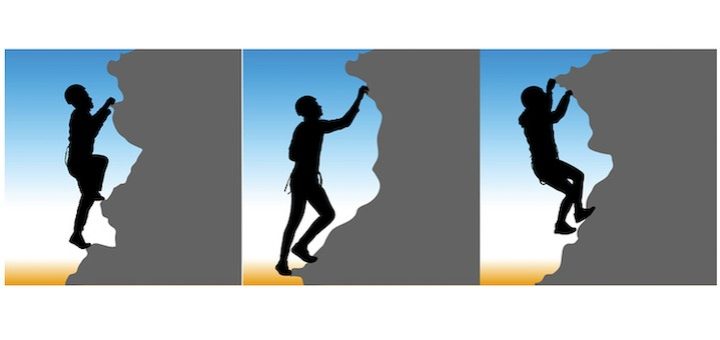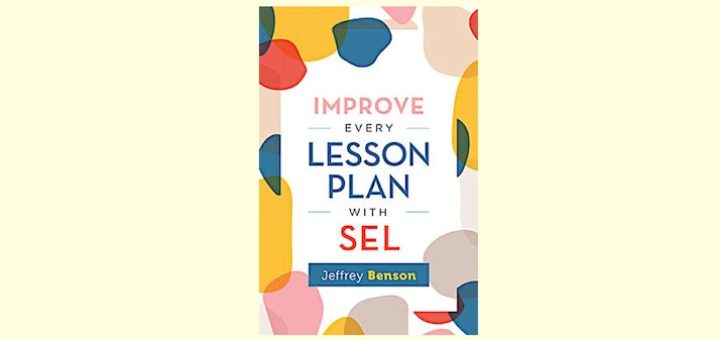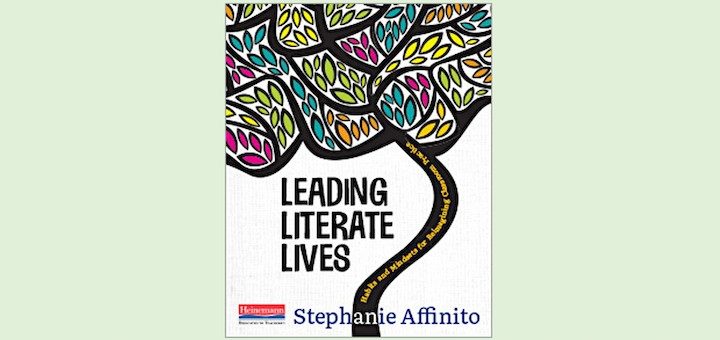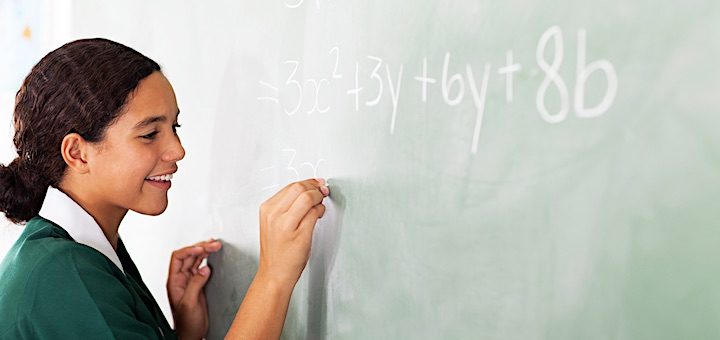Have Students Organize the Classroom Library
After a year of having her classroom book collection in pandemic disarray, Katie Durkin was ready for a restart. “I’d been researching the benefits of promoting student voice and choice by having them assist in organizing an in-class library. Now I wanted to give it a try.”

